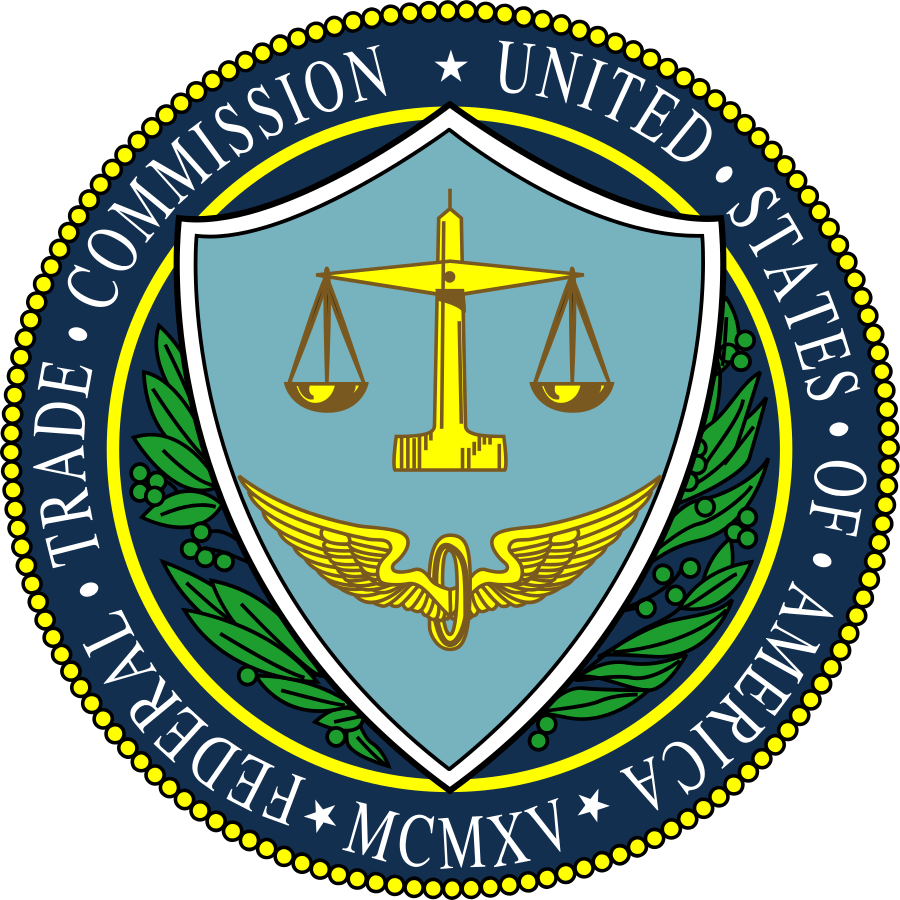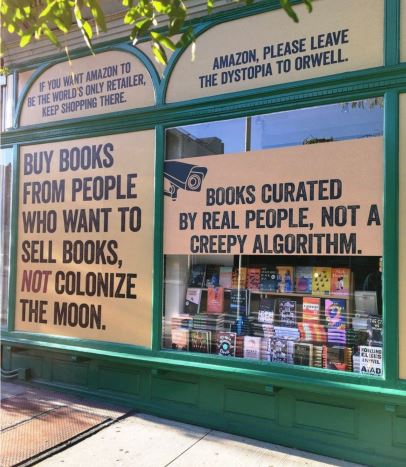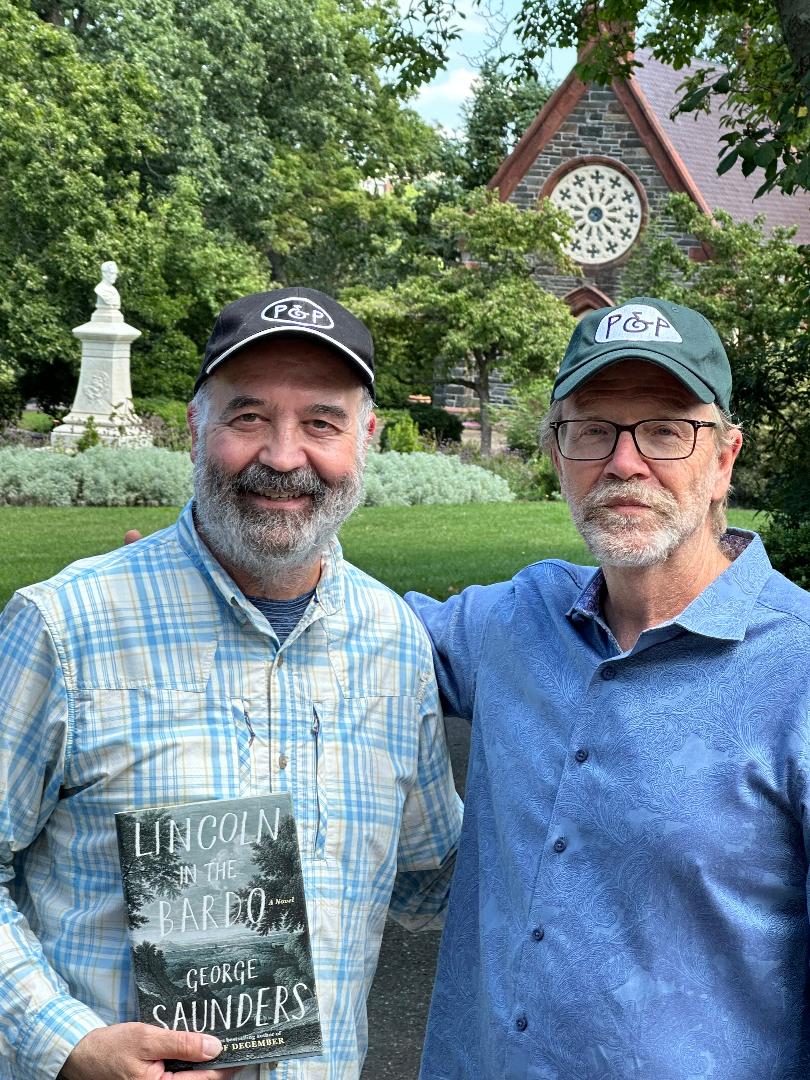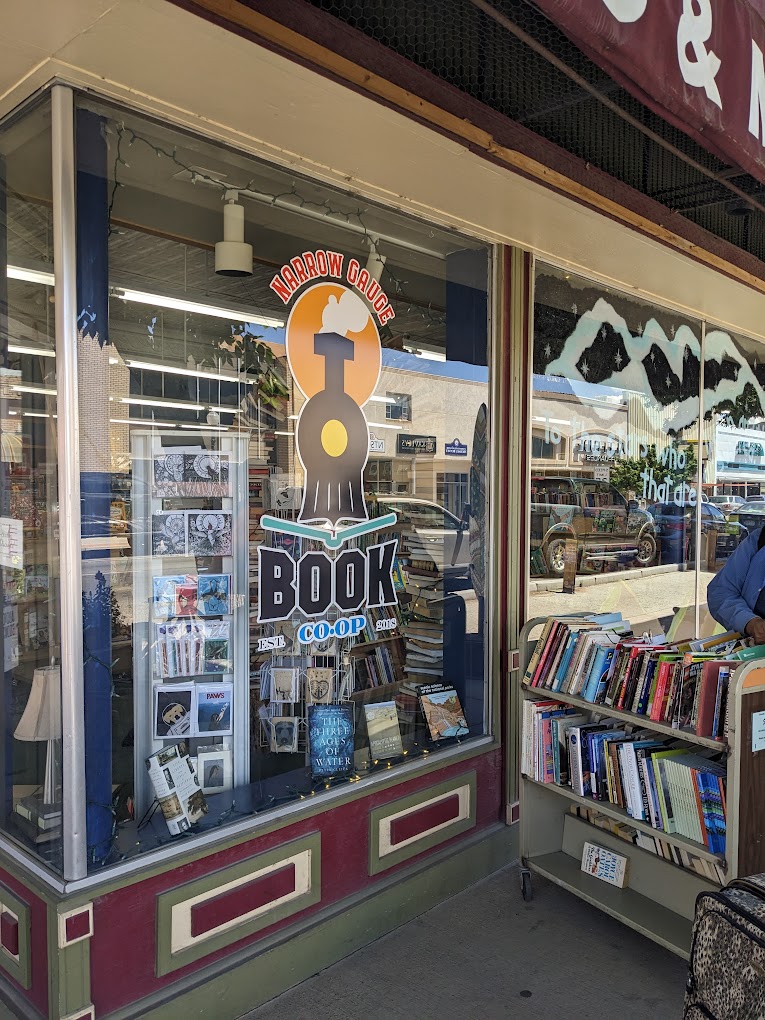ABA, Others Urge FTC and Justice Department to Sue Amazon
 With the Federal Trade Commission reportedly close to filing an antitrust suit against Amazon, the American Booksellers Association, the Authors Guild, and the Open Markets Institute have sent a joint letter to the FTC and the Department of Justice urging them to "focus on how Amazon abuses its monopoly power over the market for books and ideas."
With the Federal Trade Commission reportedly close to filing an antitrust suit against Amazon, the American Booksellers Association, the Authors Guild, and the Open Markets Institute have sent a joint letter to the FTC and the Department of Justice urging them to "focus on how Amazon abuses its monopoly power over the market for books and ideas."
In addition, ABA CEO Allison Hill has written on her own to the FTC, urging the Commission, when it meets with Amazon next week, not to agree to "a deal that appears to punish the online giant, but in the long run, does nothing to curb Amazon's anticompetitive behavior. We firmly believe that the only solution to stop the Amazon monopoly is to break the company up. And we strongly assert that it's the FTC’s responsibility to fully investigate before making a determination.
"Fines or simply breaking off the third-party marketplace will do nothing to change the behavior of a company with billions of dollars and the power to dominate any new market it enters. It would do nothing to target Amazon's worst offenses, or its clear monopoly and monopsony in the book and e-book markets. Worse still, we believe that any decision by the Commission to back away from an antitrust lawsuit could set the modern antitrust fight back decades, and the FTC would be providing tacit approval for other companies to behave as Amazon does....

The joint letter to the FTC said in part, "Today the free exchange of ideas is impeded and warped by opaque algorithms and sales practices controlled by Amazon and premised on which publisher and/or author is willing and able to pay the highest extortionary tax to get their books promoted on Amazon's website....
"The ultimate effects of Amazon's business model--which is based on manipulating readers--include the unfair promotion and suppression of specific ideas, authors, publishers, and the routine disruption of public debate. We need nothing more than common sense to understand that the sort of personalized recommendations that readers welcome in the local independent store will have vast structural effects on the overall market of ideas when pursued by an all-powerful, all-seeing monopolist."
A New York Times article about the joint letter noted that "it's still unclear whether the government's case will scrutinize Amazon's role as a bookseller as part of its investigation of the company. While Amazon got its start nearly 30 years ago as a scrappy online bookstore, it has since mushroomed into a retail giant that has gained a foothold in other industries, with its expansion into cloud computing and its purchase of the grocery chain Whole Foods and the movie studio Metro-Goldwyn-Mayer."
Still, the Times said, Amazon now accounts for the sale of 40% of all printed books, 80% of e-books, and a vast majority of audiobooks, and it has contributed "to a steep decline in the number of physical bookstores across the United States, and [left] publishers and authors beholden to the site."
Erik Gordon, a professor of business at the University of Michigan who studies antitrust, told the Times that the FTC will likely focus elsewhere than Amazon's effect on the book world, saying, "There's not a great case against Amazon with respect to their bookselling practices. Many publishers and authors are making more money than they would have without Amazon."
The ABA's Hill told the Times that she continues to hope that the government focuses on Amazon's role in the book world, saying, "Amazon has been unchecked for so long that our fight for a level playing field has become moot. Amazon owns the playing field."





IPC.0204.S3.INDIEPRESSMONTHCONTEST.gif)




 Khristina Helmich is purchasing
Khristina Helmich is purchasing 


IPC.0211.T4.INDIEPRESSMONTH.gif)
 George Saunders (r.) was in Washington, D.C., last week for the National Book Festival and took a side visit to Georgetown's Oak Hill Cemetery, the location that inspired his novel Lincoln in the Bardo;
George Saunders (r.) was in Washington, D.C., last week for the National Book Festival and took a side visit to Georgetown's Oak Hill Cemetery, the location that inspired his novel Lincoln in the Bardo;  Congratulations to the
Congratulations to the  A Day in the Life of the Desert
A Day in the Life of the Desert Farah Ali follows her lauded story collection,
Farah Ali follows her lauded story collection, 